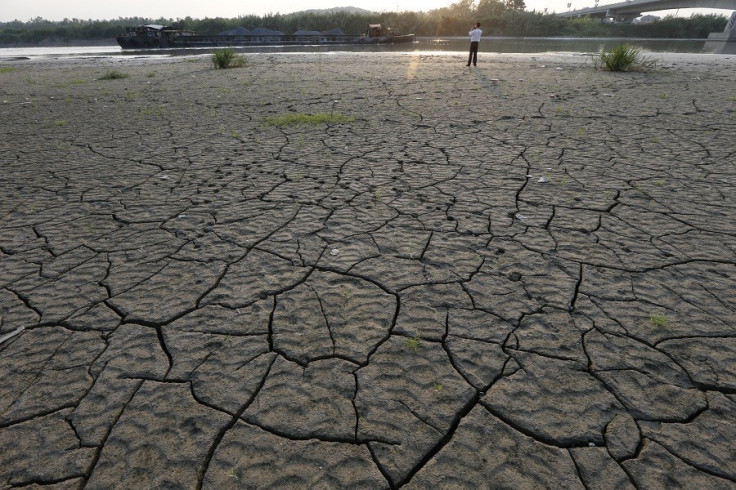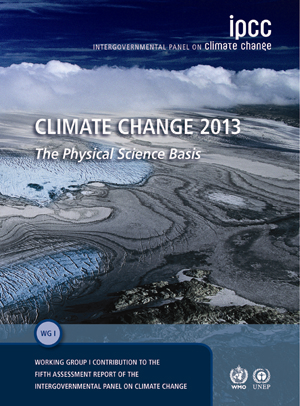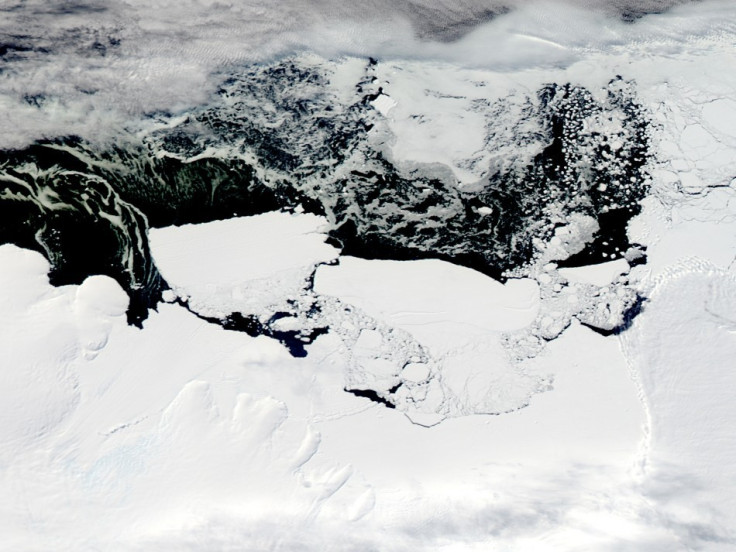IPCC Climate Change Report: Scientists Almost Certain Global Warming is Manmade

Experts from around the world have concluded it is "extremely likely" that humans are the leading cause of climate change.
A report by the Intergovernmental Panel on Climate Change, authored by 259 experts, says they are 95% certain global warming is man-made.
They say human influence has caused climate change since the mid-20<sup>th century and that the evidence to support this is becoming ever clearer, as climate models and understanding improve.
The report shows that each of the last three decades has been warmer than any other decade since 1850. Furthermore it is likely that the period between 1983 and 2012 was the warmest 30-year span for 1,400 years.
Qin Dahe, co-chair of the IPCC Working Group I, which produced Climate Change 2013: the Physical Science Basis, said: "Observations of changes in the climate system are based on multiple lines of independent evidence.
"Our assessment of the science finds that the atmosphere and ocean have warmed, the amount of snow and ice has diminished, the global mean sea level has risen and the concentrations of greenhouse gases have increased.

"As the ocean warms, and glaciers and ice sheets reduce, global mean sea levels will continue to rise, but at a faster rate than we have experienced over the past 40 years."
The report uses millions of observations and more than two million gigabytes of numerical data from climate model simulations. It also looked at 9,200 scientific publications, three quarters of which have been published since the last ICPP assessment in 2007.
It found carbon dioxide concentrations have increased by 40% since pre-industrial times. Authors also said the Greenland and Antarctic ice sheets have been losing mass, glaciers have been shrinking across the globe and Arctic sea ice and spring snow cover in the Northern Hemisphere have continued to decrease.
The report said the rate of sea-level rise since the mid-19<sup>th century has been larger than the mean rate from the last 2,000 years.
"Human influence on the climate system is clear," the authors said. "This is evident from the increasing greenhouse gas concentrations in the atmosphere, positive radiative forcing, observed warming, and understanding of the climate system."

Thomas Stocker, the other co-chair of Working Group I, said: "Continued emissions of greenhouse gases will cause further warming and changes in all components of the climate system. Limiting climate change will require substantial and sustained reductions of greenhouse gas emissions."
"Global surface temperature change for the end of the 21st century is projected to be likely to exceed 1.5°C relative to 1850 to 1900 in all but the lowest scenario considered, and likely to exceed 2°C for the two high scenarios. Heat waves are very likely to occur more frequently and last longer.
"As the Earth warms, we expect to see currently wet regions receiving more rainfall, and dry regions receiving less, although there will be exceptions.
"As a result of our past, present and expected future emissions of CO2, we are committed to climate change, and effects will persist for many centuries even if emissions of CO2 stop."
© Copyright IBTimes 2025. All rights reserved.





















